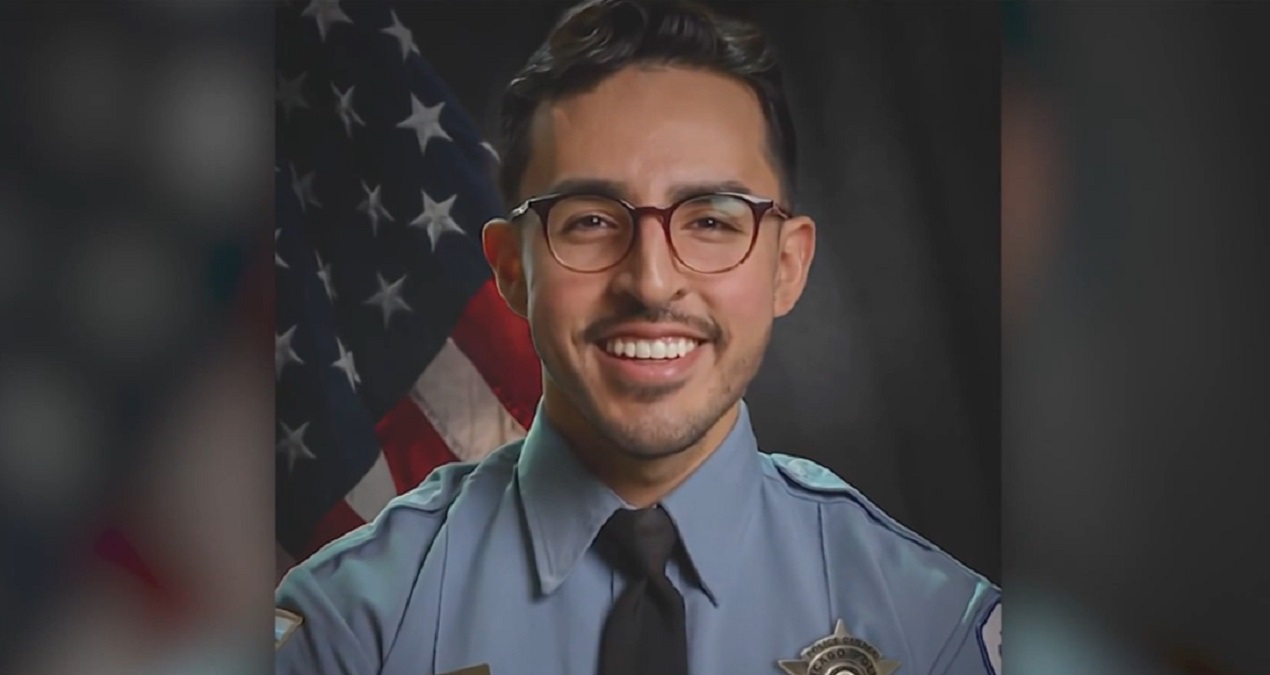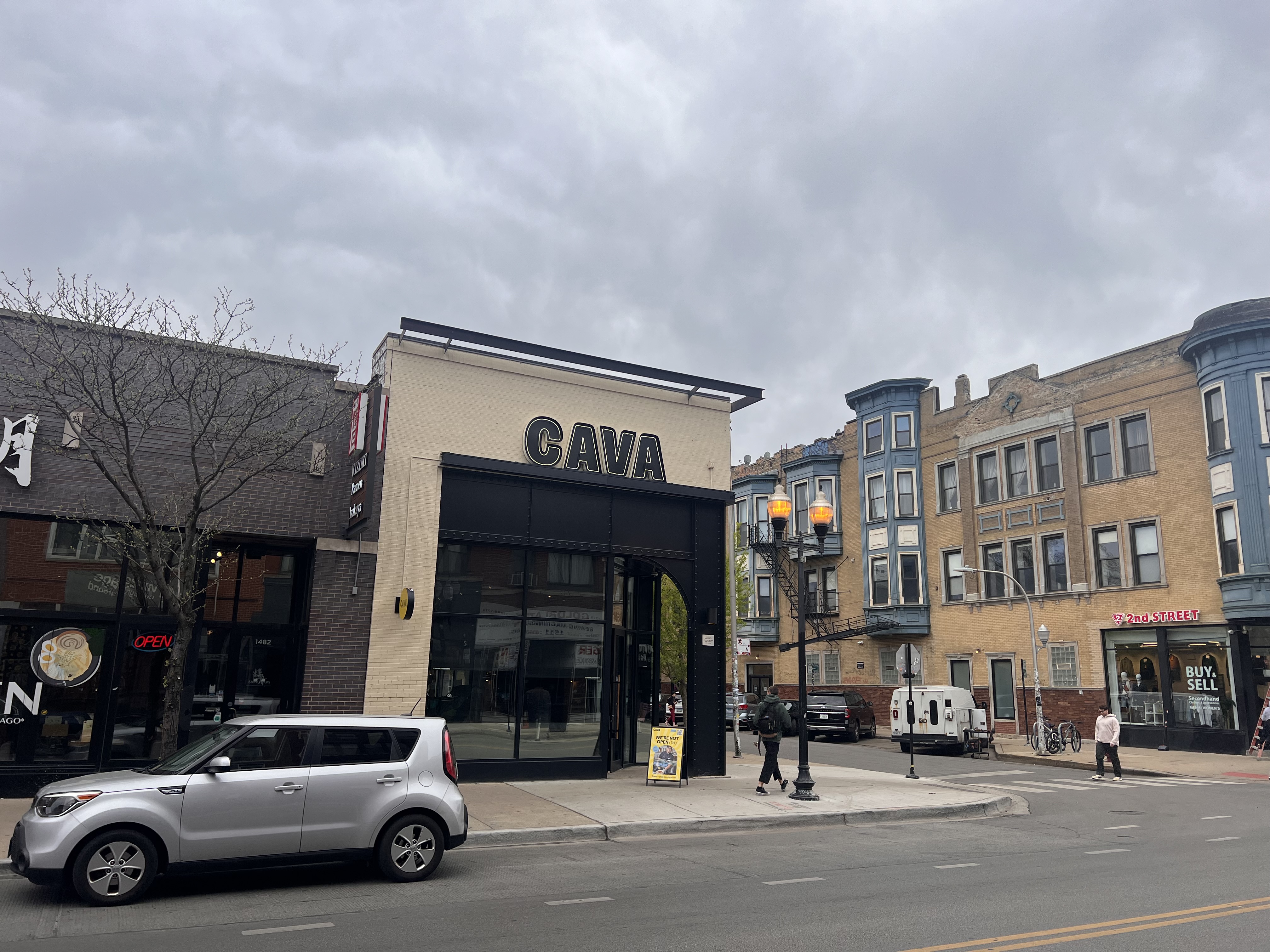Chicago and Cook County will not join Illinois in expanding who is eligible for coronavirus vaccinations under Phase 1B later this month, officials said Thursday.
Mayor Lori Lightfoot and Cook County Board President announced the decision in a joint statement, saying that the city and county are not receiving enough doses of the vaccine to allow them to expand eligibility along with the rest of the state in a decision Gov. J.B. Pritzker announced the day before.
"Our goal is to get as many people vaccinated as quickly and efficiently as possible. That said, our greatest challenge in doing so is the very limited supply of vaccine we are receiving. While we are making progress every day with vaccinating people in 1a and 1b, at this time we are not being supplied with enough doses that would allow us to expand eligibility in these phases," the statement reads.
"Doing so in Chicago and Cook County would add well over one million additional people to 1b, and the result would be that those currently eligible, including seniors, frontline essential workers and those in our most heavily COVID-burdened communities, would have an even harder time getting a vaccine," Lightfoot and Preckwinkle continued.
"These phases were established after careful study and consideration, and are based on guidance from the Centers for Disease Control and Prevention. We recognize the Governor must make tough choices and consider needs across this diverse state, but given the limited supply of vaccine, we must also make the tough choices as the leaders of the most populous city and county in the state. We look forward to expanding eligibility as vaccine supply improves."
Pritzker announced Wednesday that Illinois would increase Phase 1B eligibility beginning on Feb. 25, allowing for people with "a high-risk medical condition" or comorbidity to be vaccinated. The list includes those with cancer, diabetes, obesity, women who are pregnant, and those with several other conditions.
"In light of a steadily increasing federal vaccine supply, Illinois is making plans to expand Phase 1B eligibility on February 25 to people who have comorbidities and underlying conditions as defined by the CDC," the governor's office said in a release. "In addition, Illinois will also prioritize individuals with disabilities."
Local
“Those who are under 65 and live with comorbidities, such as cancer survivors or those living with heart disease, have an elevated risk of serious complications or death if they contract COVID-19," Pritzker said in a statement. "Illinois is moving forward in accordance with guidance from the CDC to expand our eligible population as supply allows, getting us closer to the point when the vaccine is widely available to all who want it. In the meantime, I encourage all Illinoisans to wear our masks and follow the mitigations so that more of our neighbors are healthy and alive when it’s their turn in the vaccination line.”
The expansion applies to those 16 and older who weren't otherwise covered in previous eligibility categories, the state said, adding that it plans to work with local health departments and other providers as eligibility increases. (Here's a full list of who is eligible).
For a complete look at where and how you can make an appointment in Illinois or where you can receive vaccine information for your area, click here.
Already, more than 3.2 million Illinois residents are eligible for vaccinations under Phase 1B, which includes people age 65 years and older as well as "frontline essential workers."
Despite repeated claims the state was struggling to vaccinate those in Phase 1B due to limited supply, Pritzker touted a 5% increase in doses this week alone, saying "as quickly as we receive enough vaccine supply, we need to waste no time in protecting a broader section of our most vulnerable population."
Still, even as Illinois announced more than 100 new vaccination locations in the last week, officials continued to urge patience Wednesday, saying vaccine supply was limited.
"We are limited by the amount of vaccine available and allocated by the federal government," the governor's office said in a release just before Pritzker's announcement on eligibility. "Vaccinations are available only by appointment at this time and we encourage people to check back frequently for open appointments. Until the supply is increased, there will be a great demand and we ask people to be patient."
Dr. Allison Arwady, commissioner for the Chicago Department of Public Health, previewed Lightfoot and Preckwinkle's decision on Wednesday, saying the city had only received enough vaccine to give doses to 5-10% of those currently eligible.
Chicago health officials previously released a tentative timeline of vaccination phases, originally planning to move into Phase 1C on March 29, followed by Phase 2 on May 31. Phase 1C includes all essential workers not covered in earlier phases, as well as Chicagoans between the ages of 16 and 64 who have underlying medical conditions. But Arwady said earlier this week that Phase 1C may be pushed back based on supply.
"The reason why we've looked really toward the end of March is based on where we expect us to actually have more vaccine," Arwady said Wednesday. "I think it would be very appropriate, if there are parts of the state, for example, that maybe are already through their 1B - they've gotten all their folks over 65, they've gotten their essential workers - if there's anywhere in the state that has vaccine appointments going unfilled, of course that would be appropriate to move ahead. But here in Chicago, if we add additional people right now to 1B, all we do is make it harder for the people who are already eligible to get that vaccine, and it would make it harder for us to get it to the people over 65, that would make it harder for us to get it into the hardest hit communities because it just dilutes the amount that's available."



